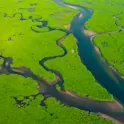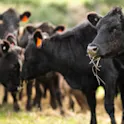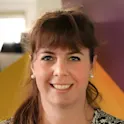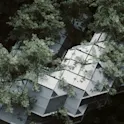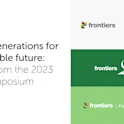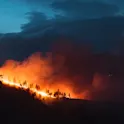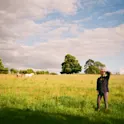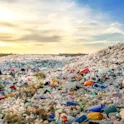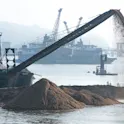Sustainability
19 Jul 2023
Uniting generations for a sustainable future: Insights from the 2023 Villars Symposium
Established in 2022, the Villars Institute is a non-profit foundation dedicated to accelerating the transition to net-zero emissions. It aims to create a healthier planet through intergenerational collaboration and systems leadership. Last month, a team of Frontiers staff led our first collaboration with the Villars Institute by taking part in its 2023 Villars Symposium, an event that fosters intergenerational collaboration and promotes transdisciplinary cooperation. Young minds embarking on their journey toward becoming lifelong systems leaders. The Symposium was created to unite the Villars Institute’s Knowledge Partners with a group of exceptional young minds who are embarking on their journey toward becoming lifelong systems leaders. The blog, Five traits to look for in a Systems Leader, explains more about what this concept is and represents. The Villars Symposium unites high school-aged youth and sustainability experts worldwide to address urgent global challenges. Participants, future systems leaders, explore intricate complex systems (ecological, economic, political, and social) while developing skills for driving systemic change. By engaging with professionals in sustainability and international affairs, they gain insights, forge connections, and align their passions with a sustainable future. Representatives from the Frontiers family of outreach and engagement initiatives led two sessions during the Symposium. “Mobilizing Science […]


